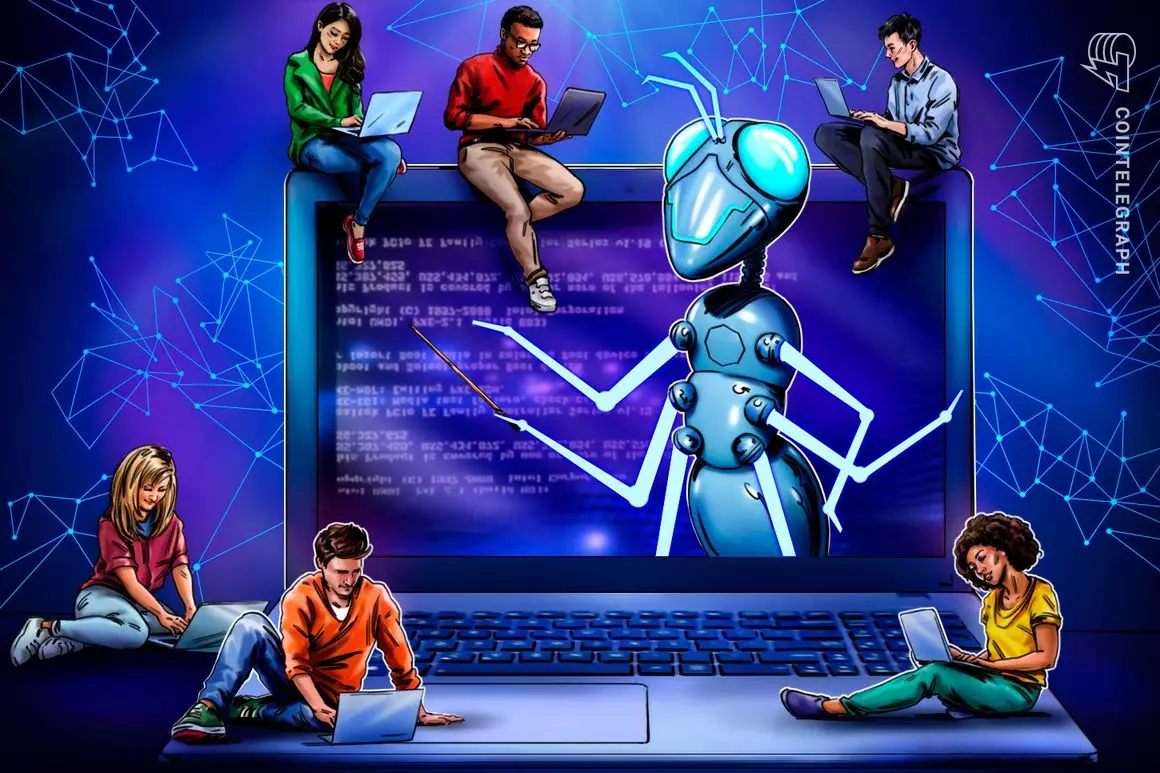Artificial intelligence (AI) has become a crucial component in various industries, revolutionizing the way businesses operate. It involves the development of intelligent machines that can perform tasks typically requiring human intelligence. Over the years, AI has witnessed significant advancements, leading to a multitude of possibilities that have the potential to reshape our world.
With continuous research and development, AI has reached incredible heights. From natural language processing to computer vision, AI algorithms have become capable of understanding and interpreting complex human actions and behavior. This ability opens up new opportunities for enhanced automation and efficiency across industries such as healthcare, finance, and manufacturing.
Enhancing Healthcare
AI technology is already making strides in the healthcare sector. Machine learning algorithms can analyze vast amounts of medical data to diagnose diseases and suggest personalized treatment plans. Through AI-powered tools, doctors can make more accurate and timely decisions, leading to improved patient outcomes. Additionally, AI can assist in drug discovery and development, accelerating the process of finding effective treatments for various illnesses.
The Role of AI in Finance
Finance is another field where AI is making significant contributions. Advanced algorithms can analyze market trends, predict stock prices, and automate trading systems with lightning-fast precision. This allows financial institutions to make informed decisions, minimize risks, and maximize returns. Moreover, AI-powered chatbots are becoming prevalent in customer service, providing personalized and efficient interactions with clients.
AI is revolutionizing the manufacturing industry by improving efficiency and productivity. Intelligent robots can perform repetitive and mundane tasks with precision, reducing the chances of errors. This leads to increased production rates and streamlined operations. Additionally, AI enables predictive maintenance, helping companies identify and resolve potential equipment failures, reducing downtime and costs.
The Path Ahead
As AI continues to advance, direct human-computer interaction is becoming more seamless and intuitive. Voice assistants like Apple’s Siri and Amazon’s Alexa have become household names, showcasing the potential of natural language processing. The future of AI holds immense possibilities, such as autonomous vehicles, robotics, and smart cities.
Addressing Ethical Concerns
Despite its numerous benefits, AI also raises ethical concerns. The responsible development and use of AI technology is crucial to prevent potential harm. Ensuring transparency, fairness, and accountability in AI algorithms is necessary to avoid biases and discrimination. Striking the right balance between progress and ethical considerations will be critical in harnessing the full potential of AI.
Artificial intelligence is set to revolutionize multiple industries, enhancing efficiency, accuracy, and productivity. With advancements in machine learning and data analysis, AI has the potential to transform healthcare, finance, manufacturing, and beyond. However, ethical implications must be carefully addressed to ensure the responsible and beneficial integration of AI in our society. As we step into the future, the possibilities that AI presents are truly remarkable, and it is up to us to navigate and shape this evolving landscape.

